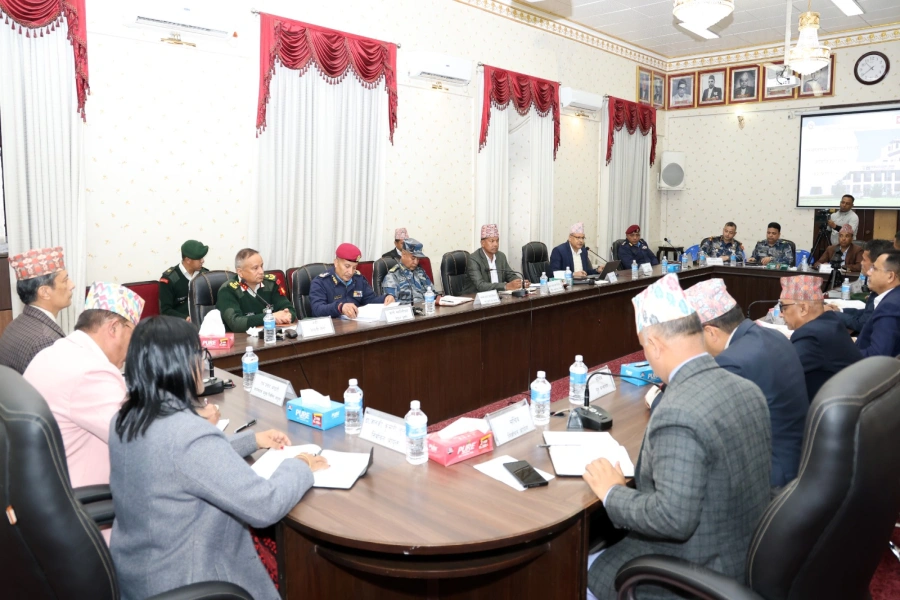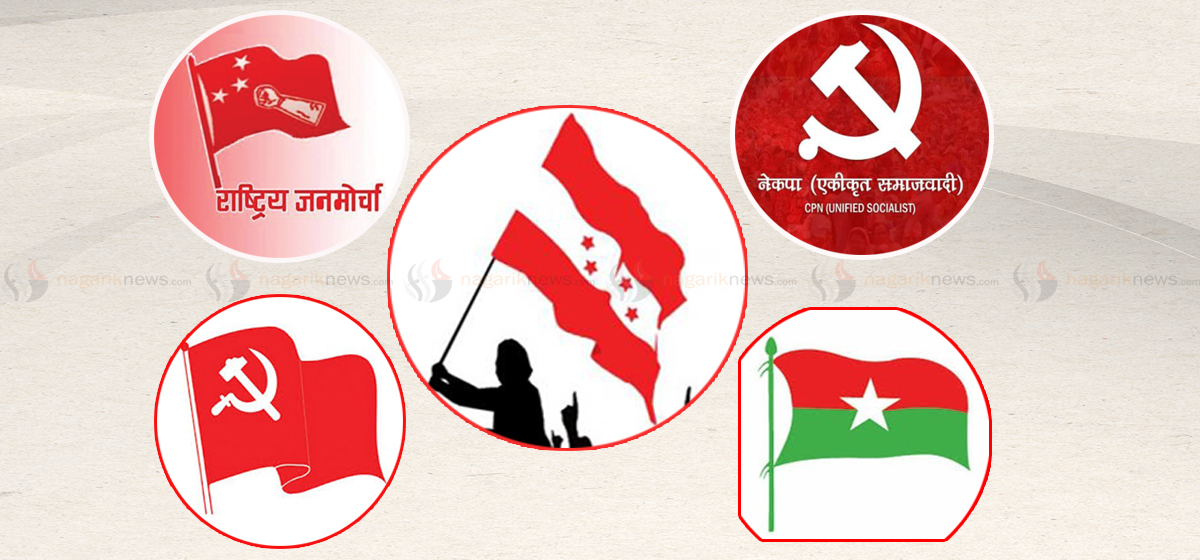There are no ‘ifs’ and ‘buts’; the NC-UML coalition must succeed to perform and perform to succeed.
Earlier (13 July, Republica), I wrote that the new coalition formation will be an unfortunate exercise if it is designed, primarily, to overthrow the Prachanda government, rather than to start something fresh and new, that is, creating political stability and economic vitality in the country.
The seven-point agreement
Out of the seven-points in the latest NC-UML agreement, only the first three points have significant values. These include: forming a national consensus government, constitution review and amendment; and revitalizing the economy. The remaining four points are operational details (leadership transition, drafting common minimum program, power sharing agreement, and issues related to the management of provincial and local governments). The three primary goals can be translated into a logical framework: In order to (a) revitalize the economy (economic development), there will be (b) a review and amendment of the constitution through the formation of a national consensus government. Definitely, there are many hurdles and challenges in this chain of means and ends.
Cost of failure
Ruling coalition appeals to vote for coalition parties for safe...

PM Oli himself has admitted that his government has no excuse or luxury of failing. Rabi Lamichhane, the RSP chairman, has pertinently warned the country of the possible “grave consequences” if the coalition fails to perform. Sudan Kirati, a Maoist leader and a former tourism minister in Prachanda Cabinet, remarks, “What happens when both engines of a twin otter fail in mid-air?” The answer is simple: A vertical crash. There are no ‘ifs’ and ‘buts’; the coalition must succeed to perform and perform to succeed.
The leaders must be watching live events unfolding in Bangladesh (job quota system) or in Kenya (new tax policy) or what happened last year in Sri Lanka (corruption). The situation in Bangladesh can also be explained in terms of what happens when voices of the opposition are suppressed for a long period of time.
Morning shows the day
Definitely, there is mass apathy and rampant frustration, particularly, among urbanite youths in the country. These cannot be solved within a minute. The gerontocracy, the plutocracy and rampant corruption and mismanagement have led to a mass exodus of the working class populace who can afford to leave. Those who remain are frustrated. The slow burning fuse can explode any time.
There is a saying in English: morning shows the day. But the arrival of the Oli government has produced nothing new. Instead what we are seeing is business as usual. Things are being taken for granted. The prime minister with a two-thirds majority seems to be occupied with sharing the two-thirds of the booty rather than the two-thirds of responsibility. He is busy appointing the same old faces, entering into a needless verbal duet with the opposition and in the name of good governance and anti-corruption, giving lip services like “I will neither indulge in corruption nor allow others to indulge in; and will not tolerate corruption.”
When what you say does not match what you do; actions speak louder than words. When actions speak louder than words, there is no meaning in talking for hours, defending the Giri Bandhu Tea Estate land scam or the direct order to connect electricity under dedicated and trunk lines to erring big industrial consumers. One can fairly expect the type of government we are going to have for, at least, in the coming two years.
The problem child
I suppose it is former PM Lokendra Bahadur Chand who dubbed Oli as the ‘Putin of Nepal’. Before waging a war with Ukraine, President Putin is reported to have gone underground in his undisclosed bunkers, for two years, to study the history of Russia. I suppose, how many of our leaders can get into this type of preparation?
The social media reported that, immediately after being appointed by the President, PM Oli had an informal meeting with former president Bidya Devi Bhandari, at her private residence. His PA sought to diffuse the news by calling it a ‘pre-scheduled meeting’ involving some other district-level party leaders and members. It is up to the UML honchos how they read this news or the degree of informality that exists between their leaders. But, I suppose, there is a message in the medium. Some degree of decor must be there with the positions at the helm.
The problem with Oli is that he is acting, at least, as a problem child. With his olitics-politics, he can definitely outfox his opponents, entertain the public with his demagogue or baak chaturyata. However, the way he spits venom on opponents, his body language, his arrogance and assuming himself a “master of everything under the air” express more of his ego problems than a feeling of determined leadership. When you take business as usual in an unusual situation, things don’t bode well for the country.
I suppose, the public does have some legitimate questions to ask: Why fly the national flag at half-mast, as a show of grief for the lives of 18 air travelers when two bus loads of 60-65 passengers are still missing in the swollen Trishuli River? Is it because the lives of air travelers matter more than that of the bus travelers? Is it because the money speaks? Or is the state discriminatory?








































